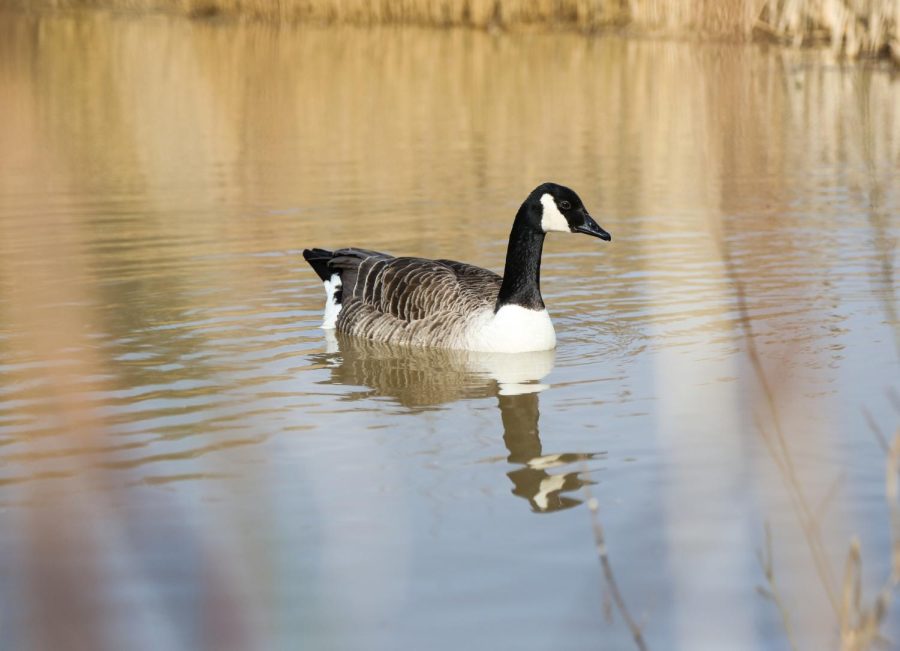USDA reports first 2022 avian flu case in Illinois
Bird flu takes a swan dive into Illinois waterfowl population
Canadian geese in Will County are the first to be infected with bird flu this year.
March 11, 2022
The Illinois Department of Agriculture (IDOA), along with the Illinois Department of Natural Resources (IDNR), were made aware by USDA Wildlife Services of the first confirmed case of avian flu in a wild bird in the state of Illinois this year. The birds tested were three Canadian geese, located in Will County. The birds were sent for sampling on March 2, and the cases of avian flu in the birds were confirmed by the USDA Animal and Plant Health Inspection Services on March 10.
Detections of avian flu have occurred throughout 2022 so far, and several states have detected the flu in domestic poultry. There have been no detections of avian flu in backyard or commercial poultry within the state of Illinois this year. However, the existence of the virus in wild birds demonstrates its presence, which means that the illness could be circulating within the wild bird population in Illinois. Anyone who owns birds or is involved with poultry production at any level should be aware of this finding and take the necessary precautions to protect their flock.
How to report sick birds
Flock owners, managers or veterinarians should take note of any unusual findings in domestic poultry, including increased mortality rates, decreased water consumption, decreased egg production, or respiratory problems. Immediately report any of these signs to the IDOA by calling 217-782-4944 or to the USDA by calling 866-536-7593.
Goose hunters or others who may come into contact with sick or deceased wild birds should take the necessary precautions to protect themselves, their poultry and their pets. For specific measures to take, consult the avian flu fact sheet for hunters.
If you encounter five or more deceased wild waterfowl, waterbirds or raptors in one location, please contact your local IDNR district wildlife biologist. You can also contact USDA Wildlife Services at 1-866-487-3297.
For more information on avian flu, please visit IDOA’s website.














